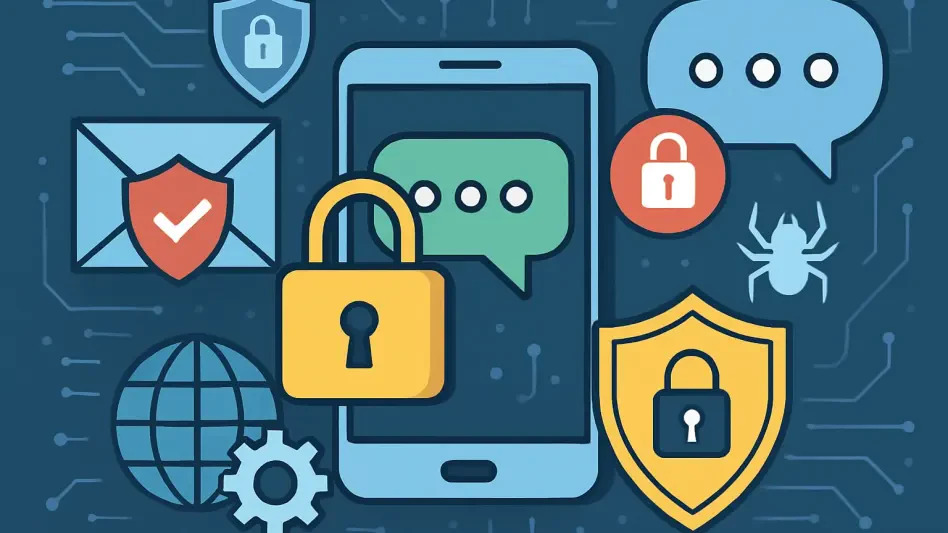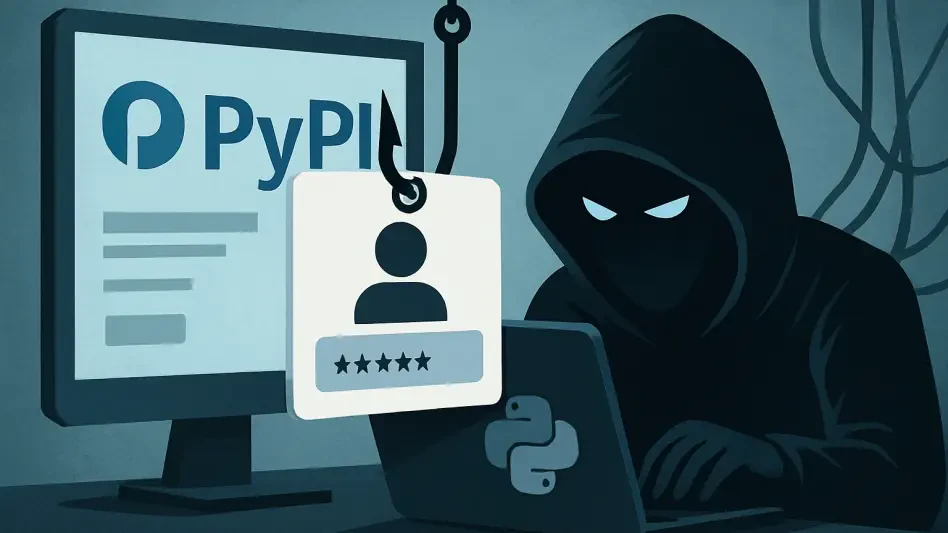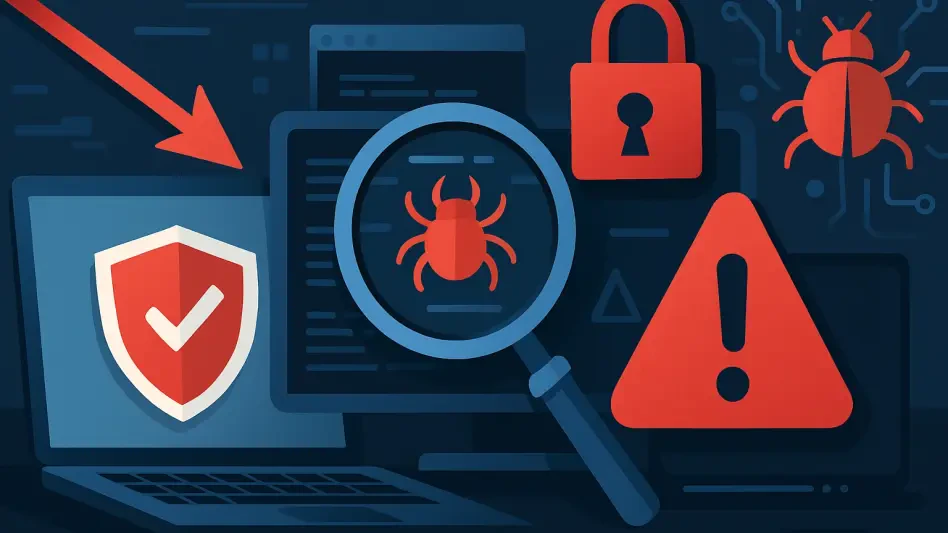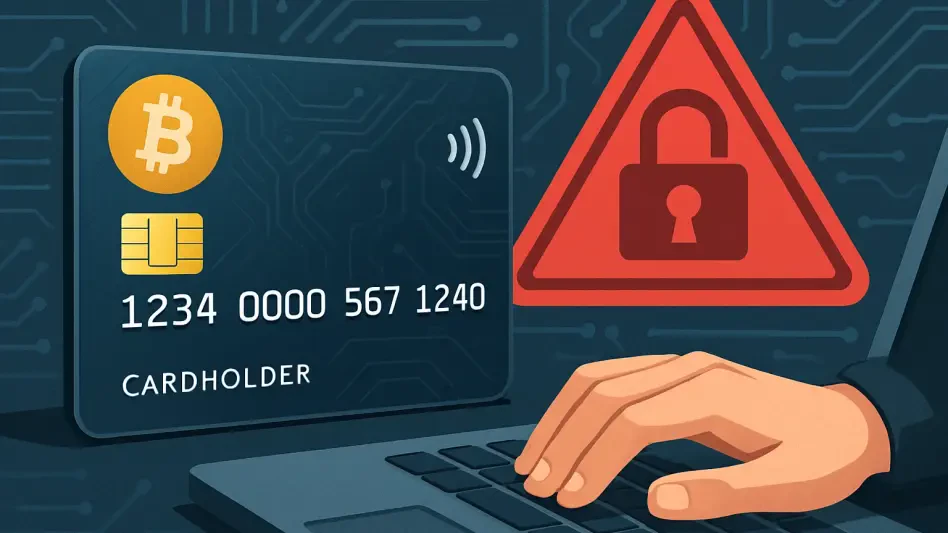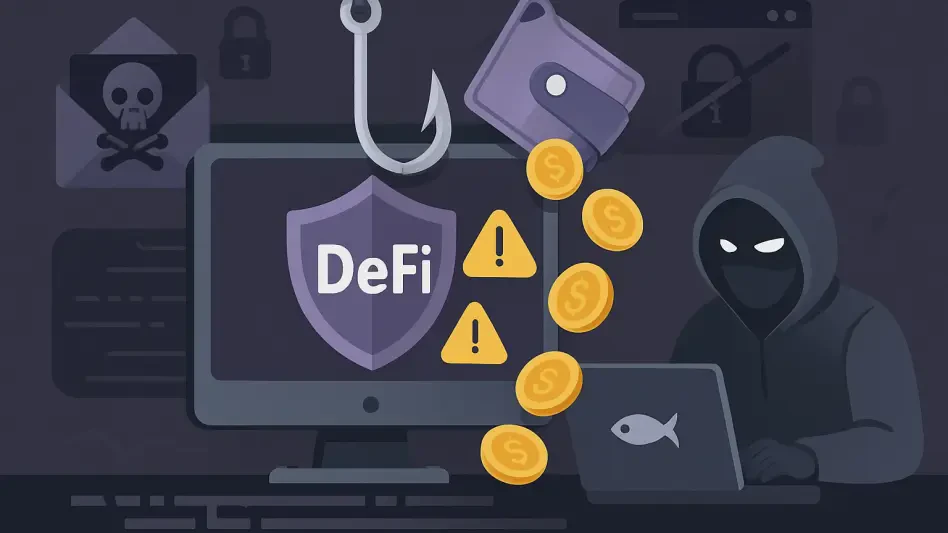Renowned cybersecurity expert Troy Hunt, the founder of Have I Been Pwned, known for tracking data breaches, surprisingly became a victim of an elaborate phishing scam. Despite Hunt’s significant expertise in cybersecurity, he succumbed to a meticulously crafted phishing attack that led to unauthorized access to his Mailchimp account. The attack revealed personal data, including thousands of email addresses and some geolocation data.
The Incident Unfolded
A Deceptive Email
Troy Hunt received an email that seemed to be from Mailchimp, notifying him that his account had been restricted due to a spam complaint. The email directed him to review his account to regain access. Even with years of experience confronting cyber threats, Hunt, likely due to fatigue, entered his credentials and two-factor authentication code on what he assumed to be Mailchimp’s official website. This lapse allowed the attackers to gain entry to his account, resulting in the breach of sensitive subscriber information.
The phishing email’s design was instrumental in creating urgency without inciting excessive alarm. It prompted Hunt to act swiftly, fearing a prolonged disruption to his services. The calculated timing and expertly crafted message overcame Hunt’s usual cautious approach, showcasing the sophistication reached by modern phishing operations. This unfortunate event serves as a stark reminder that even seasoned professionals are not invulnerable to well-executed scams, particularly when caught at a moment of personal vulnerability.
Breach Impact
The unauthorized access revealed the email addresses of approximately 16,000 current and former subscribers of Hunt’s blog. The sophistication of the phishing email compelled Hunt to respond unthinkingly, highlighting how convincing these scams have become. Even veteran cybersecurity experts like Hunt can fall victim to such attacks, emphasizing the need for constant vigilance and robust protection mechanisms.
The breach serves as a cautionary example, illustrating how personal fatigue or distraction can compromise even the best defenses. With targeted phishing emails becoming more sophisticated, the potential for such incidents to occur rises, making it increasingly crucial to implement advanced security measures. The exposure of thousands of email addresses and other details from Hunt’s Mailchimp account underscores the potential impact of phishing scams, reminding both individuals and organizations to be vigilant and adopt preventative measures.
Reflections and Criticism
Hunt’s Observations
Reflecting on the incident, Hunt admitted that his fatigue played a significant role in his momentary lapse of judgment. He noted that the phishing email’s approach, which was urgent but not overly alarming, was a critical factor in deceiving him. Hunt observed that while he had successfully navigated similar phishing attempts in the past, this particular scam coincided with a moment of weakness due to physical weariness, underlining the importance of situational awareness in cybersecurity.
Furthermore, Hunt used the incident as a teaching moment for his audience, emphasizing the necessity of transparency and learning from breaches. By openly sharing his experience, Hunt provided valuable insights into the human aspect of cybersecurity, acknowledging that even experts are susceptible to errors. His candid reflection on the situation serves as a valuable lesson for both cybersecurity professionals and the broader public, highlighting the need for continuous education and vigilance.
Security Issues
Hunt also criticized Mailchimp for its failure to automatically delete email addresses of users who had unsubscribed, further implicating the service in the severity of the breach. This oversight meant that a significant portion of the disclosed email addresses belonged to individuals who had opted out of receiving communications, thus broadening the scope of the incident. The breach not only exposed active subscribers but also included those who had previously disengaged from the service, pointing to critical flaws in data management practices.
The incident underlined the necessity of adopting advanced security measures to prevent similar breaches. Hunt emphasized the importance of passkeys, a developing security measure using biometrics designed to resist phishing attempts. Passkeys can significantly enhance security by reducing reliance on traditional passwords, which are frequently targeted in phishing scams. Implementing such measures on a broader scale could help mitigate the risks associated with phishing attacks, offering a higher level of protection for users.
Broader Implications
Expert Insights
Paul Haskell-Dowland of Edith Cowan University cited Hunt’s case to underscore the vulnerability of even the most knowledgeable individuals to phishing scams. These scams are typically mass-distributed, targeting large numbers of recipients simultaneously. Due to the sheer volume of attempts, some individuals are likely to be caught at vulnerable moments. Haskell-Dowland highlighted that phishers capitalize on these moments of weakness, making it imperative to handle such incidents without shame or self-reproach.
Emphasizing the unpredictability of human factor vulnerabilities, Haskell-Dowland advised caution with any unexpected emails demanding immediate action. He recommended verifying the legitimacy of such requests by directly accessing service providers’ official websites instead of clicking on potentially dangerous email links. This approach can help reduce the risk of falling victim to phishing scams and prevent unauthorized access to sensitive accounts and information.
Evolving Threats
Moreover, the rise of phishing-as-a-service (PhaaS) platforms has significantly contributed to the increase in phishing attacks. These platforms, which are sold on the dark web, enable even novice hackers to launch sophisticated phishing campaigns. Companies like Barracuda Networks have reported a surge in these attacks, noting their increasing sophistication and elusiveness. In the first two months of the year alone, over 1 million phishing attacks were reported, evidence of the growing threat posed by these services.
Darktrace, a British cybersecurity company, identified a phishing attack every second last year, highlighting the persistence of this threat. The company also noted a rise in attacks targeting third-party services like Mailchimp, indicating a shift in phishing strategies. By compromising widely-used platforms, attackers can potentially access a wealth of personal information, emphasizing the need for robust security measures and heightened awareness among users.
The Role of AI and Social Engineering
Advanced Techniques
Darktrace reported an increasing trend in the use of advanced social engineering techniques in phishing campaigns. These methods include the use of QR codes and AI-generated text, making it harder for recipients to distinguish between legitimate and malicious communications. The integration of AI in crafting phishing emails enhances their authenticity and effectiveness, thus posing a greater challenge to traditional phishing defenses.
In particular, the use of AI-generated text allows phishers to create highly personalized and contextually relevant emails, which are more likely to deceive recipients. These advancements in social engineering techniques underscore the need for continuous evolution in defensive strategies. As phishing scams become more sophisticated, so too must the tools and methods used to combat them. It is crucial for security measures to keep pace with these advancements to provide adequate protection.
Countering AI-driven Attacks
Renowned cybersecurity expert Troy Hunt, known for founding Have I Been Pwned and tracking data breaches, astonishingly fell victim to an intricate phishing scam. Despite Hunt’s considerable expertise in cybersecurity, he was deceived by a highly sophisticated phishing attack, which allowed unauthorized access to his Mailchimp account. This breach unveiled personal data, including thousands of email addresses and some geolocation data. The incident underscores that even the most skilled cybersecurity professionals can be vulnerable to exceptionally well-crafted attacks. Hunt’s experience serves as a critical reminder to everyone about the ever-evolving sophistication of cyber threats and the importance of constant vigilance and updated cybersecurity measures. It emphasizes that no one is immune to cyber threats and highlights the necessity for continuous learning and awareness in the field of cybersecurity.


